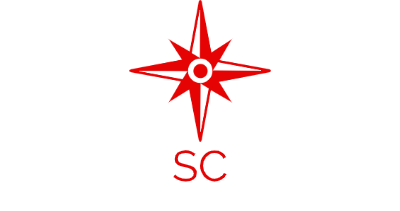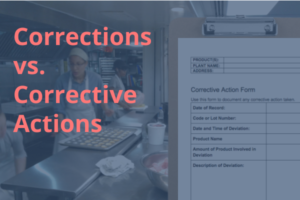Clause 4.3
Determining the scope of the Quality Management System

By SHIV CONSULTANCY
Quality Management System is the key for improvement in the Business Organization. By implementing this standard you will get all records and results on one desk. This is the main benefit of this standard. As explained in the previous articles this standard divided in to the 10 clauses and sub clauses. We have seen till clause 4.2 in the previous article, today we are going to see what the requirement of clause 4.3 is & what are the benefits of this clause.

What is meaning of the scope
- Scope means the extent of the area or subject matter that something deals with or to which is relevant.
- The opportunity or possibility to do or deal with something
- Opportunity for operation / movement
How to define the scope
When you are going to implement the QMS in the Organization, first need to define the scope on that basis you can monitor the things or results. By answering the following questions you can determine the scope.
- What are your strength / your key area?
- What you want to include in the scope?
- Which area you want to improve?
- Which opportunities you are having which can be include or convert in to the scope?
- External and internal issues that are relevant to the purpose of the organization, the strategic direction, and the ability to achieve intended results
- Requirements of relevant interested parties
- The product and service of the organization
In addition, the scope is to include any requirements of the ISO 9001 standard that can be applied, and if a requirement is determined to not apply, the organization will not use this as a reason for not ensuring conformity of product and service. The scope is to state the products and services covered by the QMS, and justification for any instances where the ISO 9001 standard cannot be applied.
Determine the boundaries
Usually in the scope of the QMS covering entire organization, but if you want to implement the QMS only for any particular area of the Organization then clearly it shall be mention in the boundaries. In the boundaries you have to define the infrastructure area of the work, e.g. 2000 sq. feet, which processes you are going to include. So, your scope should identify the physical locations of the QMS, products or services that are created within the QMS processes, and the industries that are applicable if this is relevant. It should be clear enough to identify what your business does, and if not all parts of the business are applicable, it should be easily identified which parts are. Some examples could be:
- If you having any manufacturing plant and want to implement the system only for Manufacturing (Shop Floor) area but don’t want to include warehouse in that scope then specifically need to mention the area of shop floor, which processes you are going to include in that scope, how you are reaching towards the expectations of the interested parties by this particular area, what is the objective etc.
- If you are supplying any special material to the customer. This is your key product. You are manufacturing another product along with that product. But you want to make a brand of that particular product to increase the business or enter into the open market. In this case you have to define the area of your plant which you are using for manufacturing this product, which processes you are doing, how you are achieving the desired results including needs & expectations of the interested parties that everything needs to mention in the boundaries.
Make a simple but specific and clear statement of the scope
Your scope does not have a size limit, and should include enough information to determine what is covered by the processes of the QMS. However, it is important to make it clear what is included and what is not. If it is not clear to you what processes in your company are covered by your QMS, then how will it be clear to an outside auditor or other interested party? Making your scope statement simple and easy to read can help to focus your QMS efforts and prevent unnecessary questions about activities that you may perform that may not be applicable to your QMS certification.
If you do not want to add some processes in the QMS that needs to show in the exclusion with the justification i.e. why you are not going to add or why it is not applicable to you? Will clear it with some examples –
- You are having PVC mould manufacturing company and you are doing your own creation means you are creating the in house design of the moulds and then manufacturing of the same product. In this case you have to define the scope that – Design, Manufacturing and supply of the PVC moulds
- If you are in construction business, constructing residential & commercial buildings and want to implement QMS in to your company then your scope can be – Construction & Development of Residential & Commercial Buildings.
Documented Information
After defining the scope this needs to be documented in the Quality Manual under clause no. 4.3. When you are going to certify for the QMS that time your organization will be audited based on the defined scope.
Our company is a collective of amazing people striving to build delightful learning experience.
YOUR WORDS
So let’s determine the scope of your business and implement the QMS system in your Organization. Give us a feedback is this information is useful for you or not.
Thanks for reading this article. Be in touch with us to get clause wise knowledge of the Quality Management System.





